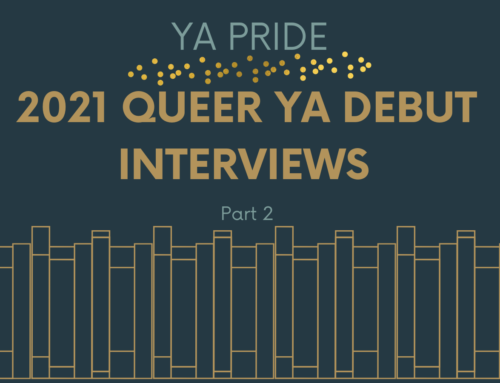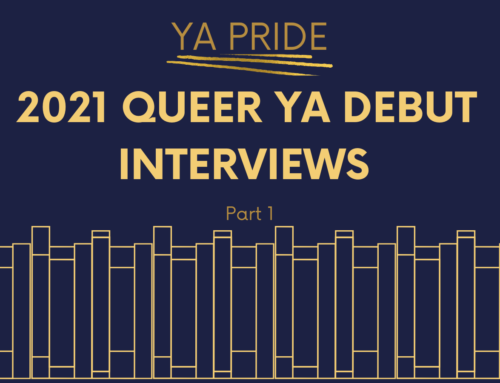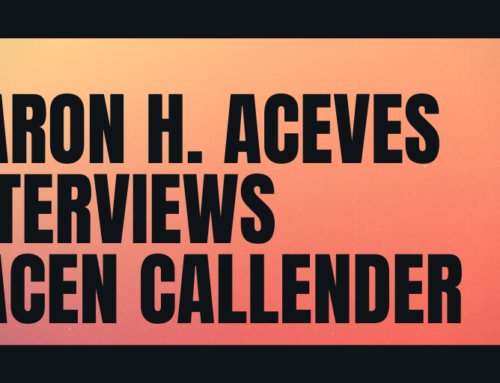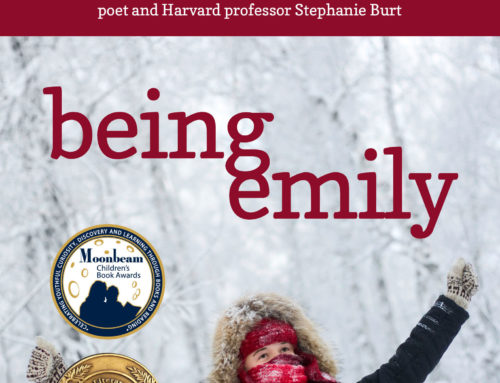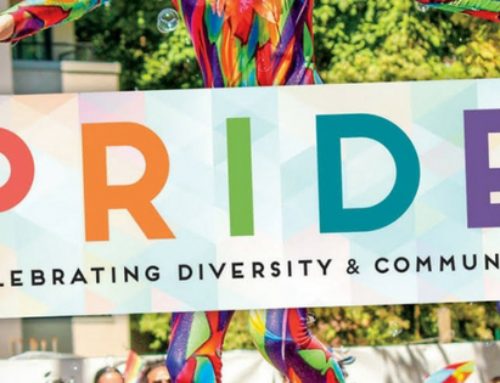Jen Wang, author of the upcoming graphic novel The Prince and the Dressmaker, interviews Tilly Walden, author of Spinning, an autobiographical graphic novel about growing up and coming out.
First of all Tillie, I wanted to say Spinning is so fantastic. Reading it felt so intimate, I kept flashing back to my own teenage memories. So much about being a teenager is about learning what you do or don’t have control over. You started skating before you were old enough to know what you wanted and later as a teenager you took up art. In both you’re extremely driven. How do you compare the drive you had toward skating with the drive toward making art, or being successful in comics?
Thank you so much! And honestly, it’s kind of exactly the same. Which sort of endlessly cracks me up and also makes me feel a little weird, haha. When I was skating, I felt this huge urge to excel. This urge to win, to be known, to be recognized, all of that. And good lord, does that parallel me and my comics. When I started making comics seriously in 12th grade I remember thinking to myself “I need to do this right. I need to be great at this.” And that of course led me to think “I will be great at this. If I work hard enough, I will get there.” That kind of thinking was so familiar to me. But I forget that it’s the same because how I feel about my comics is so different from skating. I worked hard at skating and at the same time, I didn’t like it. Now, I work hard on comics, and I fucking love it. Can you imagine what that’d done to me? To feel this work ethic inside me while also actually enjoying what I do… and people ask me how I produce so much work so quickly. That’s how.
It’s rare to see underage female desire depicted in literature. It’s often desexualized to appear more innocent. In Spinning you recount early memories of realizing you are a lesbian that feel very honest. Were you conscious of this while making the book?
It is rare! That drives me crazy too. As if kids feel no sexual desire, what bs. I was very conscious that I was putting that in SPINNING. I really wanted it in there. I wanted people to know that I felt desire towards women and girls at the age of 6. I never understood why feeling that way would make people think I was less innocent. Of course I was innocent, I was 6! It was an innocent kind of love. Just because I was too young to have the words to explain how I felt doesn’t mean that I didn’t feel it. People are so afraid of sexuality, especially when it creeps into the LGBTQ spectrum. I want to wash that fear away, and I want kids to know that its normal to have desires.
Everyone recognizes Texas as a conservative state, but you grew up in Austin which is a city known for being a “liberal haven”. Do you feel like that environment impacted your experience as a queer teenager? Do you think it would’ve been different if your family stayed in New Jersey?
I think my life would have played out very differently had I stayed in NJ, yes. But honestly that idea of Austin sort of bugs me. Yes, it is much more liberal than most of the rest of Texas. But people act as if it still isn’t Texas! I was acutely aware of where I was growing up. The homophobia of Texas seeped in from all sides. I remember in high school I read about a lesbian couple being attacked in Corpus Christi, a town not too far from Austin. That really, really impacted me. I was a car ride away from that.
There are very few queer heroes in fiction for young people to connect to. Were there characters that were important to you or that you projected queerness onto as a kid?
Great question! I had none in fiction, haha. Really, I can’t think of anyone. My heroes were all in musicals. Music was where I found my heroes. There’s a musical called Spring Awakening, and that changed everything for me. It had queer characters, it had sex, it had violence and honesty and youth all mixed together. All the characters in that musical did something for me. The same with Rent. I saw Rent at a local theater in Austin in middle school and that was the first time I got to see two women kiss. I gave up pretty quickly on books because I couldn’t find what I was looking for. And when I found queerness and openness in musicals, well, that was where I put my heart.
As drawing comics has become more of your job and part of your public life, are there creative activities you do outside of it that are more private outlets?
God, YES. Haha, I would go crazy if this was all I did! I play a lot of music. I play cello and I’ve been learning violin. I will say that I’m very proud, that after only a month or so of playing, I sound like a really solid 6th grade player. That feels good, and I’ll keep getting better. I also love singing, though I do it very casually. In fact, after I finish answering these questions I need to practice some violin, I have a lesson in an hour!
Skating and comics both involve a sense of exposure and being vulnerable in public. With Spinning your personal life is now public. Are there boundaries you’re setting to cope with that?
I have a lot of boundaries, and I appreciate you asking about it. People are very quick to ask me ALL the personal questions, most of which I can deal with, but it can go pretty far. I have very clear lines. Everyone ever wants to ask me about how people in my life reacted to the book, and that’s no one’s damn business but my own. I won’t talk about other characters in the book, unless it’s me. And for the most part, I keep the information I share pretty close to what I said in the book. There’s a lot more about me and my life that isn’t in the book, and will never be a part of my public persona, and that’s really just to protect myself. It’s a struggle though – people read Spinning and feel like they know me. And in a way, they do know a part of me after reading the book. But that’s all it is: a part of me. A piece. Not everything. And its been a balance to try and negotiate that.
In the book there’s a scene where you mention not being on Facebook. Many teenagers out of step with their environment end up seeking connection on social media. Did you eventually find a community or space online that became important to you?
You know, I really didn’t. I never felt entirely comfortable online, I don’t think it’s ever really suited me. It works for a lot of teens, but I found it all to be a little too artificial. Ultimately, I found a community when I went to school, The Center for Cartoon Studies, aka CCS. It was the first place in my life where I had been fully out of the closet, and I made some friends there that will be in my life forever. And I’m still sort of seeking a real LGBT community, or a place for that. Somewhere physical, not online. I’m only 21 though, I think I have some time. I’ll keep hunting for the spot where the lesbians hang.
The process of making comics can be so isolating and many comic artists turn to social media to share their process. Do you think creators are becoming more or less private online about their work? What is your relationship with it?
Huh, interesting question. I think creators are becoming less and less private because I think social media naturally encourages us to share. I like the isolating nature of comics, actually. I’m an introvert, though most people don’t believe me when I say that because I’m quite adept at pretending to be an extrovert. I find social media pretty toxic, actually. I’m also a bit secretive about my comics process and I sort of prefer it that way. I don’t like all that information coming at me so fast, and I don’t like the whole culture of favs and likes and retweets. It feels performative, and it feels competitive. And that right there is what I ran away from in ice skating, and what I’m still running from. And as soon as I have enough money to pay someone to run all my social media… well, then I’ll have a lot more time to practice violin.

Spinning by Tilly Walden
Add Spinning to your Goodreads TBR, and follow Tillie and Jen on Twitter, @TillieWalden and @alooghobi!



